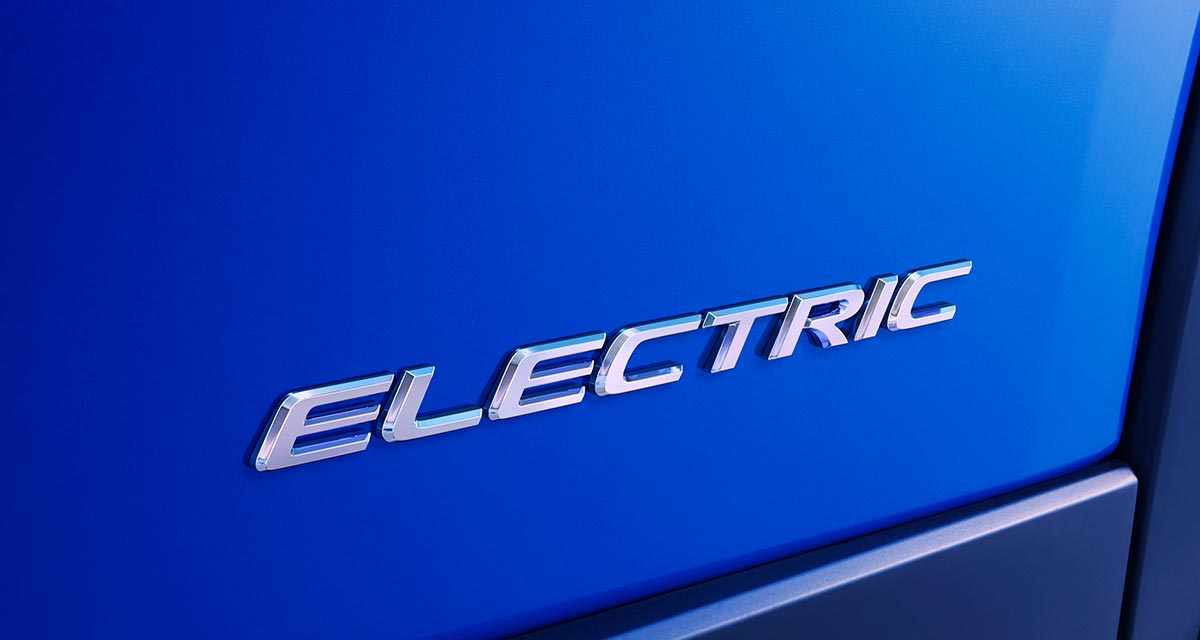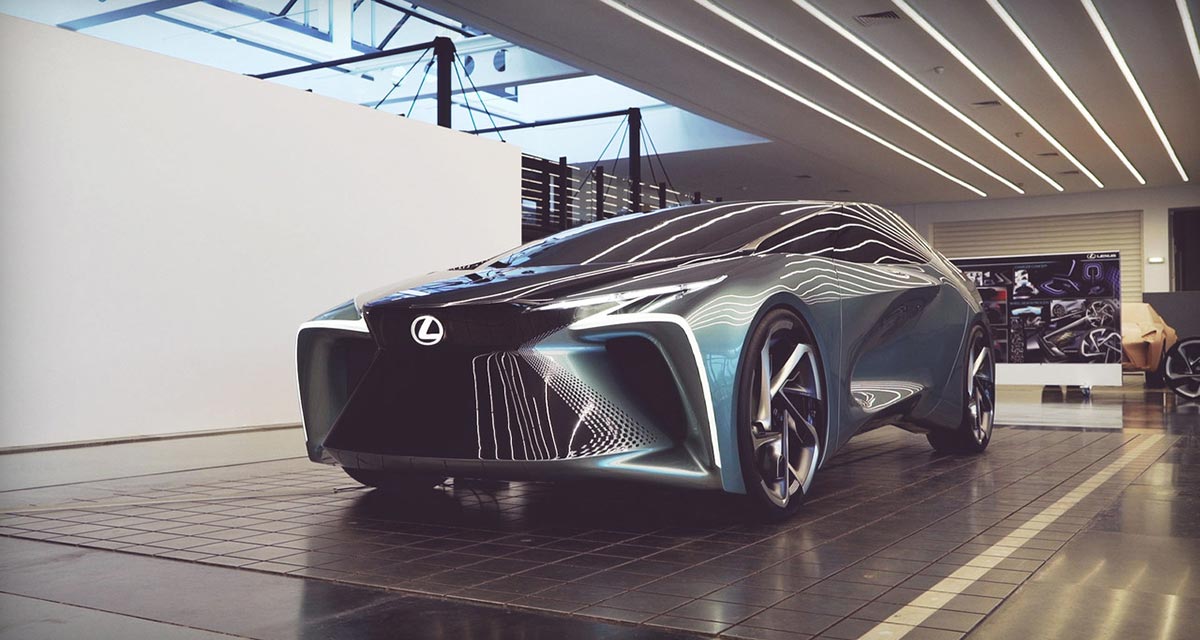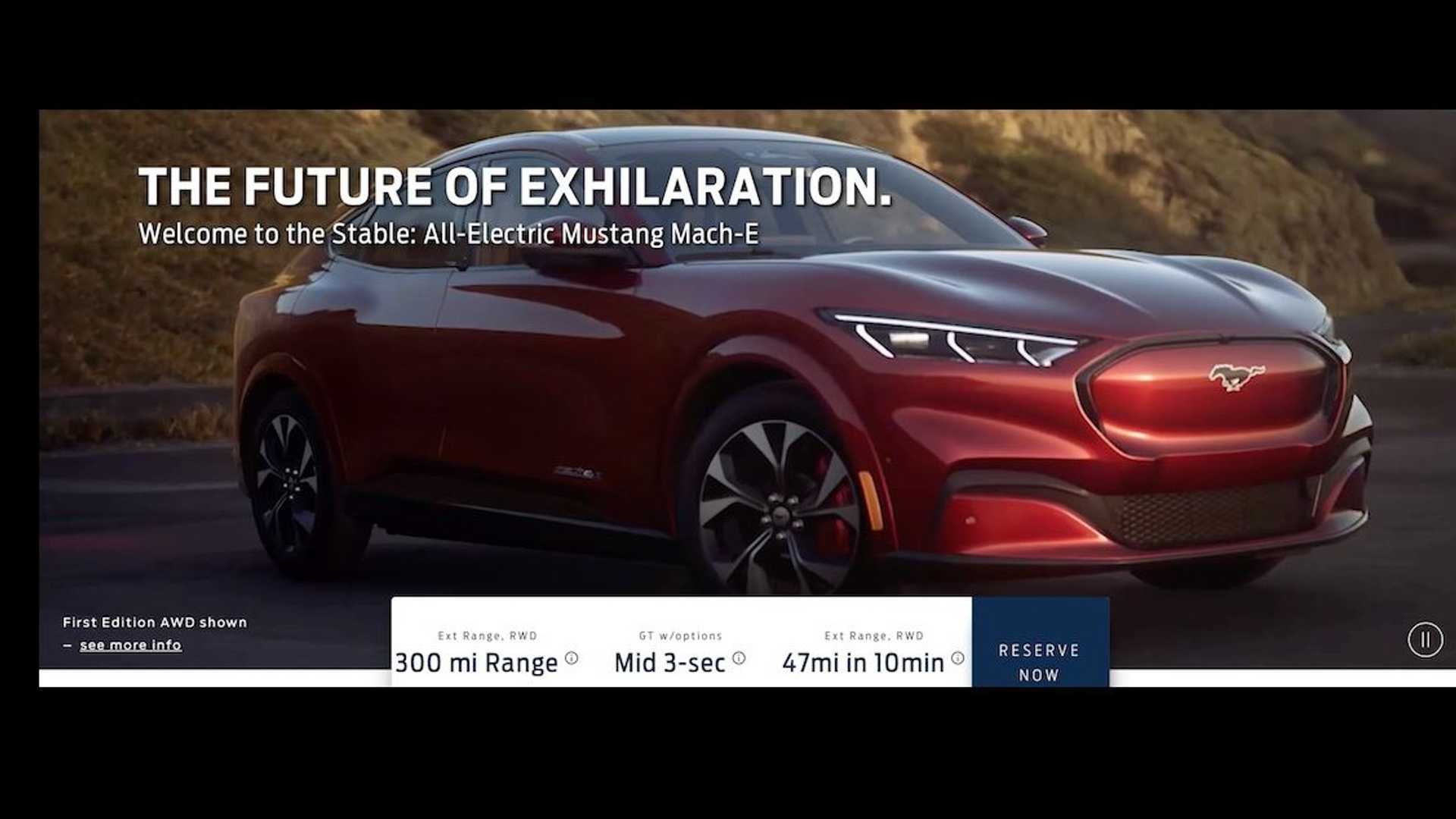^ The problem is most BEVs out there are full of compromises.
Here in Canada, to get ACC, the Kona and Niro costs $50k CAD. Top trim ICEVs are like almost $20k cheaper. No AWD.
The Leaf Plus is slightly cheaper but has not TMS and has a rear torsion beam. No AWD.
The i3 starts at $55k CAD and has significantly shorter range.
eTron has 204 mile range and starts at $90k CAD (if ever, it does have brake-based torque vectoring)
Bolt has no ACC, no heated steering wheel. Pretty decent but on the smallish end.
It's almost like they made sure these cars don't sell well lol.
The Tesla ($55k CAD for the SR Plus) has the least compromise (no heated steering wheel) but reliability is suspect and we don't know how much it will cost post warranty (surely it will be costlier than even the higher end Lexus'es). I just read on TMC that the actual public (not employee or selective) delivery date of the Model S was around mid-2013. Fan boys are not going to complain when their drive units and batteries conk out but are still under warranty.
I think the sweet spot would be BEVs that sell for $50-70k which in Canada is pretty much entry level luxury region. The mass market buyers are waiting for price parity, which I seriously doubt is going to happen because it would be stupid to offer BEVs cheaper even if they cost less to manufacture because the value proposition is gasoline savings, typically better acceleration and simpler i.e. lower cost of ownership. The base Lexus IS here is around $42k so I put $50k as the bottom since for now, batteries will cost more than engines + transmissions.
There are cheapskate people among us (like myself) who will be willing to finance a $70k BEV because I will save $2,500-3,000 in fuel cost each year (yes my wife drives a lot for work) and do my own DIY maintenance post warranty (simple stuff like filter changes and tire swaps I do on my own already even when cars are under warranty) because with the right set up (three electric motors for torque vectoring, excellent chassis and suspension tuning, perhaps next gen battery that will be less prone to degradation), the BEV could be so much more fun to drive than the cars in the competitive sports sedan segment (330i, A4, C300) that start around $50k here but lack torque vectoring and are all turbo 4's and are typically not keepers beyond the four-year warranty.
A 4IS AWD BEV (even with just two electric motors) priced like a Tesla Model 3 ($55k) would sell like hotcakes I'm sure. I will probably just opt for the base model since it will come with LSS 2.0. In four to five years, I would have almost broken even on the battery premium with my fuel savings.
Although I really like the IS350AWD F Sport, the RCF/GFS with TVD, the LC500h, it's a no brainer for me to wait for upcoming BEVs because those cars are great but will bump my fuel spend to $4-5k per year because premium gasoline where I live cost a lot of money ($1.50-1.60/L).
The value proposition of BEVs to me are:
instant torque (no need for turbos and their complexities) -- Lexus performance no match against German counterparts in terms of acceleration and I'm good with anything below 6 seconds really
theoretically cheaper to drive and to maintain (slightly higher purchase cost spread over longer term ownership)
easier implementation of torque vectoring (three electric motors + PCU + software coding -- Acura Sports Hybrid SH-AWD already does this)
lower center of gravity and more stiff chassis
save the environment

Many like me are holding on to their ICEVs because most BEVs out in the market are full of compromises and we all know that depreciation on any new or newish car purchase will always trump fuel costs for older vehicles. I will buy that compelling BEV but if there's none because those are too expensive, then I will choose to take over a lease (no middle man to pad up the price lol) of a BEV with the least compromise. So far I am certain there is nothing that interests me in the used BEV inventory.




